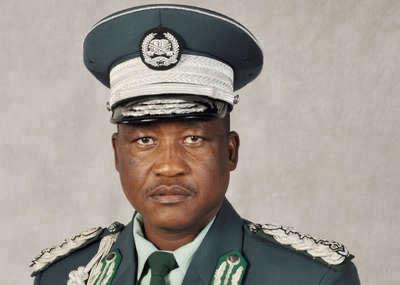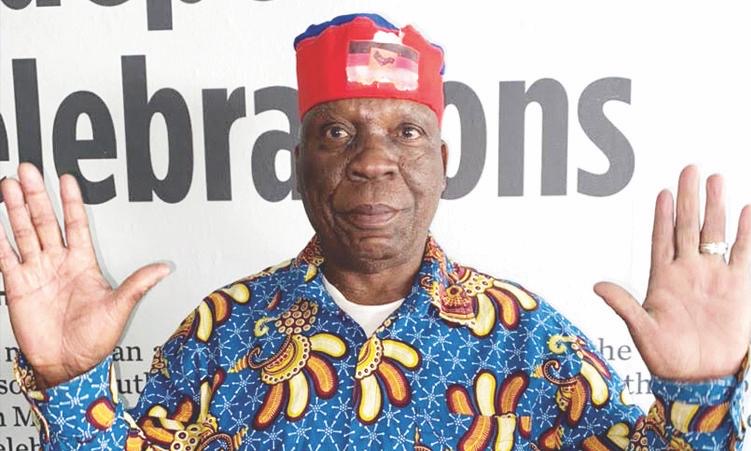GEOGRAPHY: Area is 239 460 sq km and it is bordered by Burkina Faso (to the north), Ivory Coast (west), and Togo (east).
The Atlantic Ocean lies to the south. * LANGUAGE: English is the official language, but Ga is the main local language.Fanta, Haussa, Fanteewe, Gaadanhe, Akan, Dagbandim and Mamprussi are also spoken.* POPULATION: 2,6 million.* ETHNIC GROUPS: There are seven main ethnic groups, including the Akan (Ashanti and Fanti), 44 per cent, in the mid-southern part of the country.There are Mossi-Dagomba, Ewe and Ga-Adangbe minorities, among others.* RELIGION: Christianity 50 per cent, traditional African religions 32 per cent, Islam 13 per cent.* ECONOMY: Ghana is the world’s second-largest cocoa producer and its track record of economic reform over the past few years has boosted growth.It is also Africa’s second biggest gold producer after South Africa.* SOME HISTORY: – Ghana took its name from a powerful West African empire that came to an end in the 12th century.That empire, like its 19th-century Ashanti successor within modern Ghana’s borders, based its power on gold.- On March 6 1957, the former British colony of Gold Coast became the first country in black Sub-Saharan Africa to shake off colonial rule, inspiring liberation struggles around the continent.- Independence leader Kwame Nkrumah was a founding father of Pan-Africanism and a figurehead among Africa’s independence leaders with his concept of African socialism.- Hailed as Osagyefo or ‘Redeemer’ at independence, Nkrumah’s initial popularity waned as the economy collapsed and he gained a reputation as an authoritarian leader.Many celebrated in the streets of Accra when he was overthrown by a coup in 1966 while he was on a state visit to China.- In the years following Nkrumah, Ghana tottered from one military coup to the next before holding its first democratic elections in 1992.The cocoa sector, a key export together with gold, took years to recover from Nkrumah’s stewardship.- Former President Jerry John Rawlings, who seized control in a coup in 1979 and again in 1981, left office in 2000, when current President John Kufuor was elected.He will stand down at elections in 2008.Nampa-Reuters* LANGUAGE: English is the official language, but Ga is the main local language.Fanta, Haussa, Fanteewe, Gaadanhe, Akan, Dagbandim and Mamprussi are also spoken.* POPULATION: 2,6 million.* ETHNIC GROUPS: There are seven main ethnic groups, including the Akan (Ashanti and Fanti), 44 per cent, in the mid-southern part of the country.There are Mossi-Dagomba, Ewe and Ga-Adangbe minorities, among others.* RELIGION: Christianity 50 per cent, traditional African religions 32 per cent, Islam 13 per cent.* ECONOMY: Ghana is the world’s second-largest cocoa producer and its track record of economic reform over the past few years has boosted growth.It is also Africa’s second biggest gold producer after South Africa.* SOME HISTORY: – Ghana took its name from a powerful West African empire that came to an end in the 12th century.That empire, like its 19th-century Ashanti successor within modern Ghana’s borders, based its power on gold.- On March 6 1957, the former British colony of Gold Coast became the first country in black Sub-Saharan Africa to shake off colonial rule, inspiring liberation struggles around the continent.- Independence leader Kwame Nkrumah was a founding father of Pan-Africanism and a figurehead among Africa’s independence leaders with his concept of African socialism.- Hailed as Osagyefo or ‘Redeemer’ at independence, Nkrumah’s initial popularity waned as the economy collapsed and he gained a reputation as an authoritarian leader.Many celebrated in the streets of Accra when he was overthrown by a coup in 1966 while he was on a state visit to China.- In the years following Nkrumah, Ghana tottered from one military coup to the next before holding its first democratic elections in 1992.The cocoa sector, a key export together with gold, took years to recover from Nkrumah’s stewardship.- Former President Jerry John Rawlings, who seized control in a coup in 1979 and again in 1981, left office in 2000, when current President John Kufuor was elected.He will stand down at elections in 2008.Nampa-Reuters
Stay informed with The Namibian – your source for credible journalism. Get in-depth reporting and opinions for
only N$85 a month. Invest in journalism, invest in democracy –
Subscribe Now!







